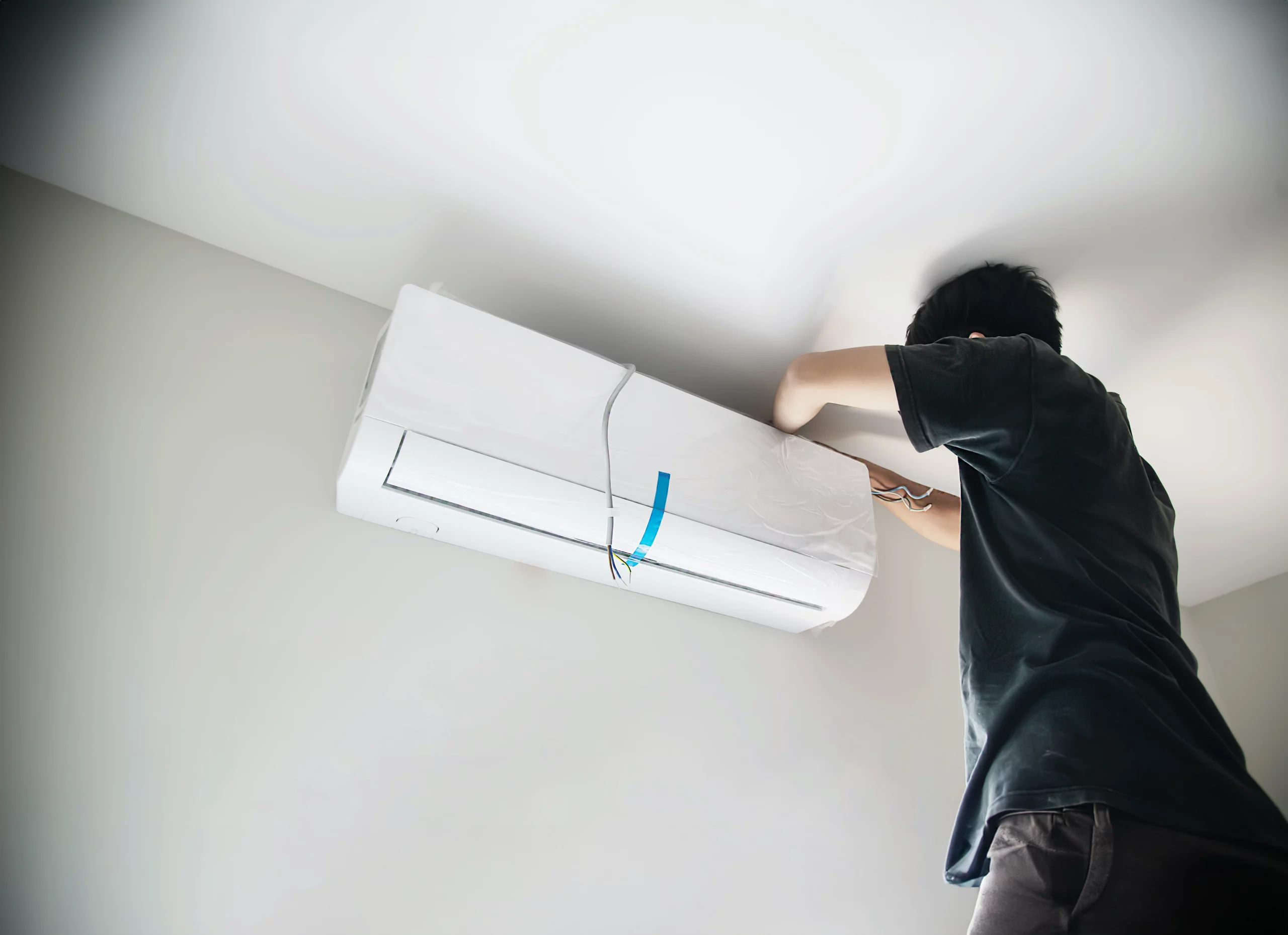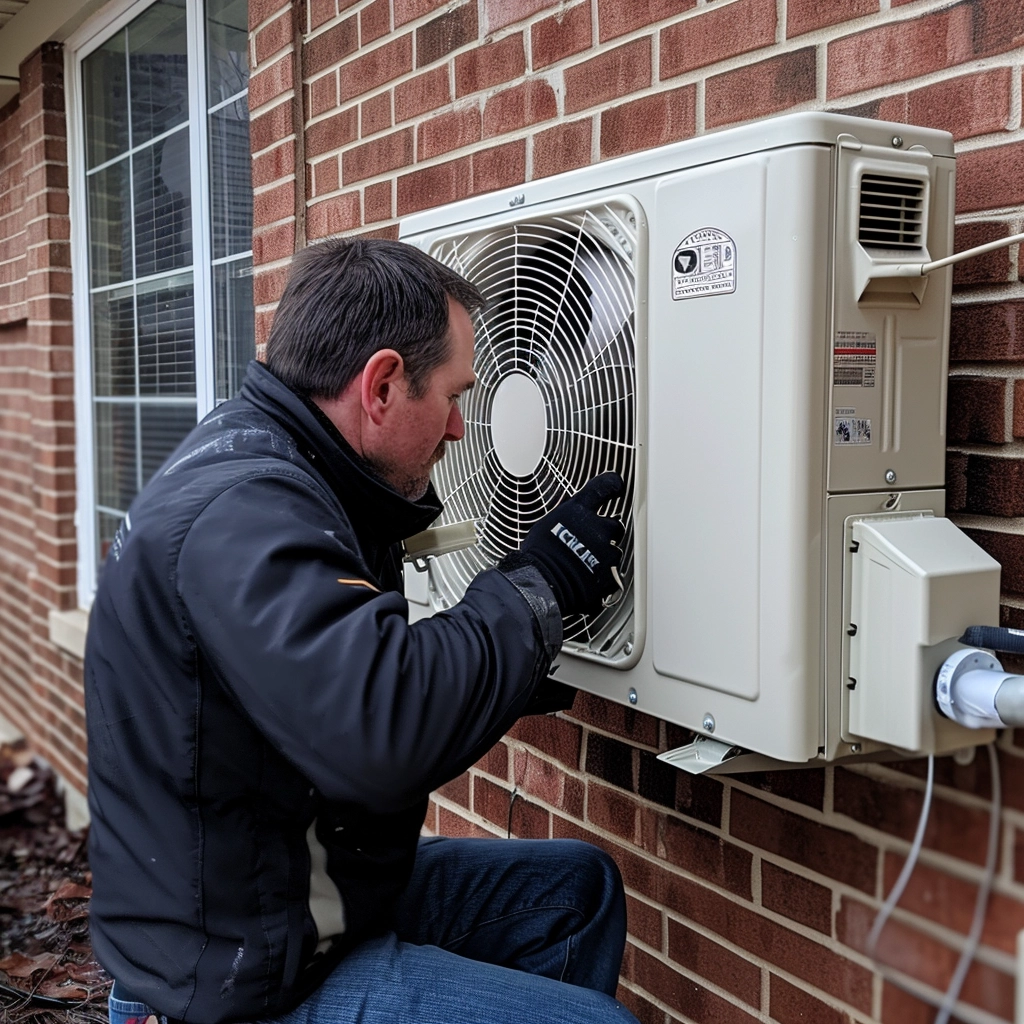Boiler Installation Service Sheffield UK
Need a reliable boiler installation service in Sheffield UK? Contact Us
Best AC Filter Replacement Services Sheffield UK. We are the best Air Conditioning Boiler Installation service in Sheffield UK and surrounding areas.
Best, reliable, cheap and fast boiler installation service in the UK.

At Climatech Air Conditioning, we pride ourselves on being able to offer our customers top-quality products and services at competitive prices. Whether you’re looking for a new boiler installation or want some help with your air conditioning maintenance, we’ve got you covered!


Why choose us?
We understand that when it comes to choosing a company for your home maintenance needs, price is important but so is quality of service. That's why we make sure to hire only experienced technicians who will get the job done right the first time around. Plus, we back up all of our work with a one month guarantee so you can rest assured knowing that we'll be there if any issues arise during that time period!

Fast Service
Don't wait another minute! Call us today or click below button to schedule an appointment online and see how much difference our expertise can make in your home!
We’re experienced—we’ve been in business for over 20 years! That means we know what we’re doing and can get the job done right the first time around.
We’re friendly and personable; we treat our customers like family because at the end of the day, they are!











FAQ
Whether you’re thinking of upgrading your home’s heating system or are looking for a reliable boiler installation service, you’ll want to choose a company that knows what it’s doing. Heatable v1 offers a price comparison website that handles the entire process for you, from setting costs to processing your order. The company is committed to offering quality customer service and using the best installers. With over 500 installers in the UK, Heatable is well positioned to meet your needs. They partner with many impressive brands, so you’re sure to get a great service for your money.
While many DIY enthusiasts may be confident enough to install their boiler, there are a few tasks that should always be left to a professional. Boiler installation involves complicated regulations, and there are many potential mistakes that can lead to fines or extra costs. It is never a good idea to try and install a boiler yourself because the results could be disastrous.
First, before installing your own boiler, do some research. Make sure you know what kind of boiler will fit your needs. You need to know how much heat your home is losing, which will help you determine the BTU rating of the boiler you’re going to install. Also, know what kind of control system you’ll need.
Another reason to hire a professional is that many boiler manufacturers require that you have a qualified engineer install the boiler. If you’re not a trained engineer, you’ll likely breach your warranty and void your guarantee. Also, you need to follow building regulations and have the local authority check your work.
A boiler installation usually takes place in the boiler room of a home. The installer will connect the boiler to the main supply, radiators, and water outlets. It also includes installing storage tanks and filling loops. It may also require a system filter. The installation process can take several hours.
When it comes to boiler installation, it is important to remember that a professional should perform the process. The expert should ensure that the pipes are correctly configured to minimize heat loss. Then he or she can start the boiler, test its CO2 emissions, and make any necessary adjustments. The installation process should not take more than one day.
A boiler installation must follow the requirements laid out in 10 CFR part 430. The engineer should also perform a thorough heating survey of the space to determine which setup is best for the home. The engineer should check how many rooms and bathrooms are present in the home, how many people use the rooms, and the number of existing radiators. This information will help determine where the boiler should be installed. The engineer will also assess whether any additional pipework is necessary.
There are several factors to consider when choosing a professional for the installation of your new gas boiler. You can save money by hiring a professional who can do the job right the first time. Your contractor should have experience in installing gas boilers and should be able to answer any questions that you might have about the installation process. In addition, you will want to consider the location of the boiler, since it can affect where the installer will work.
Gas boiler installation is not a simple task. Most states require licensed or certified professionals to perform the work. They also must adhere to building codes. Make sure to find out whether you need a permit before you start. Additionally, some states have regulations regarding carbon dioxide emissions produced by a gas boiler.
In addition, it is important to remember that new homes have ample insulation. This makes them very efficient at maintaining the internal house temperature. On the other hand, older homes often have broken-down insulation and experience high heat loss. This means your new gas boiler will have extra work to do to compensate for the lower efficiency of the older home. It may also need a new gas line installed.
Not all plumbers are qualified to install a boiler. Whether you are in need of a new boiler or need a repair or maintenance service, it’s always better to hire a qualified professional. Plumbing technicians have advanced qualifications that go beyond those required by their licenses. However, it’s important to note that some plumbers are self-taught, and do not have the necessary qualifications or accreditations to install a boiler.
A professional plumber will be able to assess your needs and recommend a boiler that best fits your home. He or she will start by calculating your heating load, which will allow him or her to determine the right size for you. Once the size and model are determined, the expert will then determine the best place to install the boiler. Next, he or she will connect the boiler to the power source, which may be either gas or electricity. This work can take between one and two days.
Boilers are complicated devices. They cycle cold water from your pipes and then distribute hot water and steam. To install a boiler, you need to understand how it works and how to use it properly. Boilers are typically installed by HVAC technicians, but a plumber can often install a boiler if he or she has the proper training and equipment.
Before you begin installing a new boiler, you should make sure that your house is prepared for the installation. It is best to prepare a small staging area in a corner of the house, like a backyard. The place should be free of landscaping and should have a drop cloth to protect it. It’s also important to have plenty of space to spread out tools. You should also turn off the power to any sensitive electronics.
Electric boilers are the most energy-efficient residential boilers. Since they don’t rely on gas or oil, they don’t produce the fumes associated with gas or oil. An electric boiler is also quieter than a traditional gas boiler. However, the operating costs of electric boilers are higher. These units also won’t run in a power outage.
If you’re replacing your existing boiler with a new one, make sure you choose a type that fits your home. This will allow you to save energy and money. The installation process may take up to three days, depending on its complexity. Remember that installing a new boiler may require knocking through walls or rerouting utilities.
You should first ask yourself: is it legal to work on your own boiler? It’s true that you can work on a boiler yourself, but there are certain legal requirements. First, a boiler needs a professional inspection every year. If you plan to install a new boiler, a qualified professional must perform the work. You should get a permit from the city before you start. In addition, you should follow the rules and regulations of other city agencies.
Secondly, if you want to install a boiler yourself, you should hire a qualified engineer. This is important because there are laws that govern working with gas. If you don’t have proper training or license, you could be breaking the law. You can also risk being cited by the local authority if your work is not safe.
Boilers are a unique challenge compared to other plumbing problems. If you don’t have experience, you could unknowingly loosen a pipe that will fill your face with water. In some cases, this could result in serious consequences, such as a gas leak or an explosion.
Boilers are not a DIY project. Some manufacturers require that an engineer install them. Others require that the engineer completes a training course. If you buy the boiler yourself, you may be voiding its warranty and guarantee. Also, you need to know how to properly install it.
Most boilers last around 15 to 20 years, but some can break down much earlier. If you notice that your boiler is not working anymore, you should upgrade to a new energy-efficient model. You may also need to upgrade the insulation in your home, which can make your current boiler too large.
Before buying a boiler, you must first determine the square footage of your home. You should also determine your climate zone to determine the best size. A boiler that is too big will not produce adequate heat and will raise your energy bills.
One of the main reasons why radiators should be checked on a boiler installation service is that they can be broken. Thermostatic radiator valves open, and close as necessary throughout the day, but if one of these valves breaks or is stuck, hot water may continue to flow. This can lead to inefficient heating and even breakdowns of the boiler itself.
When an engineer comes to install a boiler, they will need to access your property and perform a full heating survey. This includes checking the number of rooms, bathrooms, and existing radiators. This is to ensure that your new boiler is a good fit for your home. The engineer will also assess where best to put the boiler, and whether you need to install additional pipework in the future.
In addition to checking your boiler’s components, the engineer will check for any signs of corrosion. They will also examine the position of your boiler’s flue and make sure that it is clean and free of obstructions. They will also make sure that it is connected to the correct ventilation system and that there are no leaks. They will also inspect the boiler’s heat exchanger, burner, main injector, and flue terminals.

